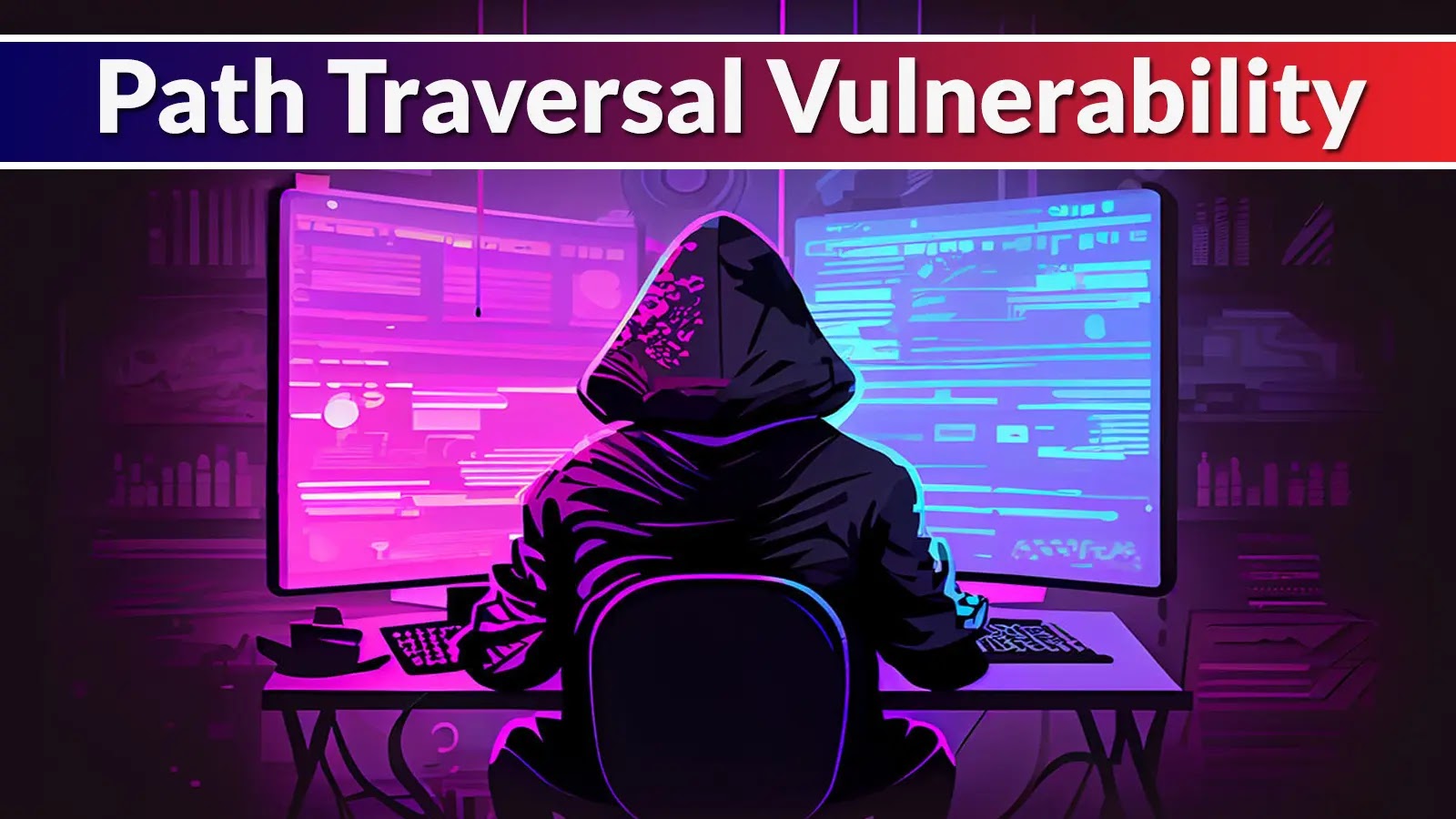The FBI’s Internet Crime Complaint Center (IC3) has warned about a sophisticated smishing scam targeting drivers across multiple states.
Since early March 2024, over 2,000 complaints have been filed with the IC3, detailing fraudulent text messages that masquerade as road toll collection services notifications.
Victims report receiving text messages that appear to be from their state’s toll service, claiming they have unpaid toll charges.
These messages typically state an “outstanding toll amount” of $12.51 and threaten a late fee of $50.00 if the amount is not settled promptly.
Free Webinar | Mastering WAAP/WAF ROI Analysis | Book Your Spot
The texts urge recipients to visit a fraudulent website, cleverly designed to mimic legitimate toll service sites, to “settle your balance.”
How the Scam Works
The scam texts are crafted to create a sense of urgency, pushing recipients to act quickly to avoid additional fees.
The provided link leads to a fake website that captures personal and financial information when entered.
The phone numbers and website URLs change between states, making the scam harder to track and more believable.
Official Advice on Handling the Scam
The IC3 has provided several recommendations for those who receive these suspicious texts:
- Verify the Claim: Before taking any action, check your toll account through the official website of the toll service.
- Contact Customer Service: Use the toll service’s official customer service number for any inquiries.
- Do Not Click on Suspicious Links: Avoid clicking on any links within unsolicited texts.
- Report the Incident: File a complaint with the IC3 at www.ic3.gov, including the phone number from which the text originated and the fraudulent website listed.
- Secure Your Information: If you have inadvertently clicked on a link or provided personal information, take immediate steps to secure your personal and financial accounts.
- Delete the Message: Remove any smishing texts from your device to prevent accidental interaction.
This scam is part of a larger trend of smishing attacks, where cybercriminals use text messages as a vector for fraud.
It highlights the importance of vigilance when receiving any unsolicited communications asking for personal or financial information.
As technology evolves, so do the tactics of cybercriminals.
This latest scheme exploiting road toll services is a reminder of the ongoing need for public awareness and cybersecurity education.
Always verify the source before responding to any requests for personal information. Stay informed and stay safe.
Looking to Safeguard Your Company from Advanced Cyber Threats? Deploy TrustNet to Your Radar ASAP


.webp)


